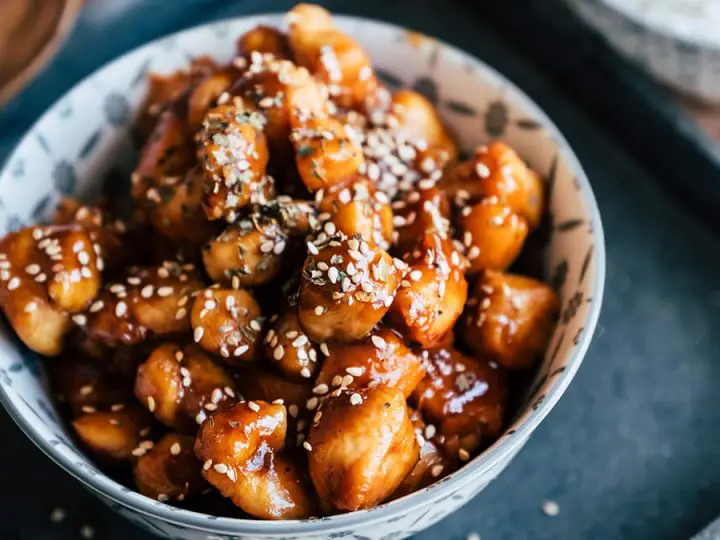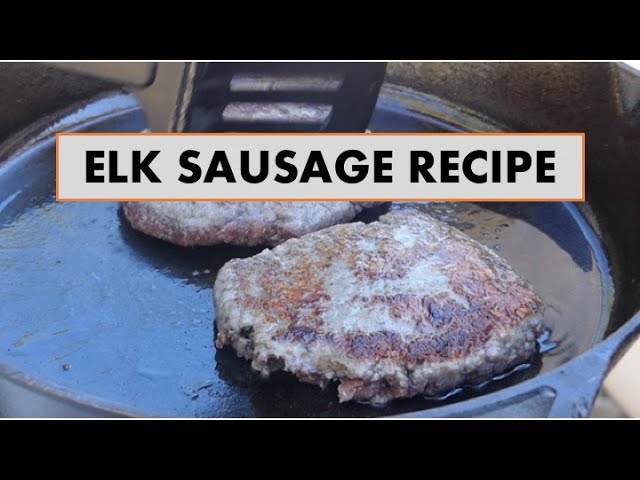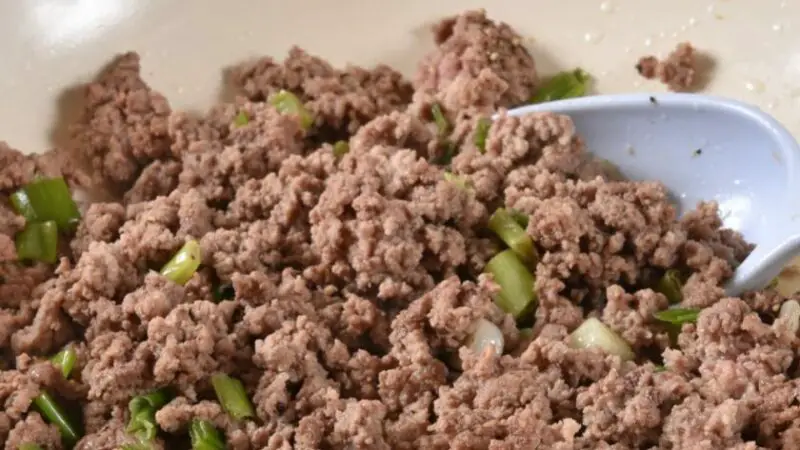Welcome to our article on the energy efficiency of boiling water. Many of us rely on boiling water for various purposes, whether it’s to make a cup of tea or coffee, cook pasta, or sterilize utensils. But have you ever wondered how much energy it takes to bring a liter of water to a boil? In this section, we will explore the kilowatt requirements for boiling 1 liter of water and the factors that influence the time it takes.
Key Takeaways:
- Boiling 1 liter of water requires a certain amount of energy, measured in kilowatts.
- The time it takes to boil water depends on the power output of the heating device used.
- Microwave ovens and electric kettles are some of the quickest methods to boil water.
- On average, a microwave with a power output of 1500W can boil a cup of water in 1-1.5 minutes.
- A 1500W kettle can boil 1 liter of water in about 4 minutes.
- Kilowatt usage and energy efficiency play a role in choosing the most suitable method for boiling water.
How Long Does It Take to Boil Water on Different Heat Sources?
The time it takes to boil water can vary depending on the heat source being used. Whether you’re using a microwave, electric kettle, gas stove, electric stove, or an induction cooktop, each heat source has its own boiling time. Let’s take a closer look at the average boiling times for each heat source:
Microwave:
On average, a microwave with a power output of 1500W can boil a cup of water in just 1-1.5 minutes. However, it’s important to note that the actual boiling time may vary depending on the wattage of your microwave.
Electric Kettle:
Electric kettles are specifically designed for quick boiling of water. For a 1500W electric kettle, it takes around 4 minutes to boil 1 liter of water. If you have a more powerful 2500W kettle, the boiling time can be reduced to 2-3 minutes.
Gas Stove:
If you prefer using a gas stove, be prepared for a slightly longer boiling time. On average, it takes a gas stove around 6-8 minutes to boil 1 liter of water.
Electric Stove and Induction Cooktop:
An electric stove takes a bit longer compared to gas stoves. It usually takes around 8-12 minutes to boil 1 liter of water. On the other hand, an induction cooktop is faster and can boil the same amount of water in just 5-6 minutes.
Now that we have a better understanding of the boiling times on different heat sources, we can choose the method that suits our needs and time constraints the best.
| Heat Source | Average Boiling Time for 1 Liter of Water |
|---|---|
| Microwave (1500W) | 1-1.5 minutes |
| Electric Kettle (1500W) | 4 minutes |
| Electric Kettle (2500W) | 2-3 minutes |
| Gas Stove | 6-8 minutes |
| Electric Stove | 8-12 minutes |
| Induction Cooktop | 5-6 minutes |
Boiling Water in a Microwave
When it comes to boiling water quickly and efficiently, a microwave oven is often a go-to choice. However, it’s important to exercise caution and follow some guidelines to ensure safe boiling. Using microwave-safe containers is crucial to prevent the buildup of steam and the potential danger of superheated water.
Superheated water occurs when water is heated above its boiling point but does not form bubbles. This can lead to a dangerous situation where the water suddenly boils and erupts when disturbed, potentially causing burns. To avoid this, it is recommended to use microwave-safe containers without lids and refrain from using metallic objects.
The time it takes to boil water in a microwave varies depending on the power output of the appliance. On average, a microwave with a power output of 1500W can boil a cup of water in just 1-1.5 minutes. If you have a microwave with a lower power output, such as 700-800W, it will take around 2.5-3 minutes to boil a cup of water. It’s worth noting that these times may vary slightly depending on factors such as the starting temperature of the water.
Table: Boiling Time in a Microwave
| Microwave Power Output | Boiling Time for 1 Cup of Water |
|---|---|
| 1500W | 1-1.5 minutes |
| 700-800W | 2.5-3 minutes |
By following these safety measures and taking into account the power output of your microwave, you can harness the efficiency of this kitchen appliance to quickly boil water when needed.
Boiling Water in an Electric Kettle
When it comes to boiling water quickly and efficiently, electric kettles are the go-to option for many households. With their high-power heating elements, they can bring water to a boil in a fraction of the time compared to other methods. On average, a 1500W electric kettle can boil 1 liter of water in around 4 minutes, while a more powerful 2500W kettle can accomplish the same task in just 2-3 minutes.
The efficiency of an electric kettle can be influenced by several factors. One important consideration is limescale build-up. Over time, mineral deposits from hard water can accumulate inside the kettle, reducing its efficiency and affecting the taste of the boiled water. Regular descaling can help maintain the kettle’s performance and prolong its lifespan.
Another factor that can impact the efficiency of an electric kettle is the amount of water being boiled. While it’s tempting to fill the kettle to its maximum capacity, boiling excessive amounts of water can waste energy. It’s recommended to only boil the necessary amount of water to minimize energy consumption and reduce boiling time.
Benefits of Boiling Water
Boiling water offers several benefits that contribute to our overall well-being and safety. Whether you’re making a cup of tea or preparing food, boiling water is a crucial step in many cooking processes. Additionally, boiling water plays a critical role in ensuring safe drinking water, especially in situations where tap water may not be safe to consume. Let’s explore the benefits of boiling water in more detail.
One of the primary benefits of boiling water is that it helps eliminate harmful contaminants. Boiling water kills viruses, bacteria, and other pathogens that may be present, making it safer for consumption. This process is particularly important in situations where water sources may be compromised, such as during natural disasters or emergencies. By boiling water, we can reduce the risk of waterborne illnesses and protect our health.
Moreover, boiling water can improve the taste and quality of our beverages and food. It helps remove unwanted impurities and can enhance the flavor of tea, coffee, and other drinks. When cooking, boiling water can help soften ingredients, dissolve seasonings, and facilitate the cooking process. It’s an essential technique that ensures our meals are both delicious and safe to eat.
In summary, boiling water offers numerous benefits, from enhancing the taste of our drinks and food to providing a crucial step in ensuring safe drinking water. By boiling water, we can eliminate harmful contaminants and reduce the risk of waterborne illnesses. So, whether you’re enjoying a warm cup of tea or cooking a delicious meal, remember the importance of boiling water for both your health and culinary endeavors.
| Benefits of Boiling Water |
|---|
| Eliminates harmful viruses, bacteria, and pathogens |
| Improves taste and quality of beverages and food |
| Ensures safe drinking water in compromised situations |
Water Boiling Temperature vs. Altitude
When it comes to boiling water, altitude plays a significant role in determining the temperature at which water boils. At sea level, the boiling temperature of water is 100°C (212°F). However, as we ascend to higher altitudes, the atmospheric pressure decreases, causing the boiling temperature to lower as well.
For example, at an altitude of 2000m (6557 ft), the boiling temperature drops to around 93°C (199.4°F). This means that water boils at a lower temperature, requiring additional time to reach a full boil compared to sea-level conditions.
To ensure safety and proper boiling, it is recommended to boil water for a longer duration at higher altitudes. This allows the water to reach a temperature that is sufficient to kill any potential pathogens, ensuring that it is safe to drink and use for cooking.
Table: Boiling Temperature of Water at Different Altitudes
| Altitude | Boiling Temperature |
|---|---|
| Sea Level | 100°C (212°F) |
| 1000m (3281 ft) | 95.6°C (204.1°F) |
| 2000m (6557 ft) | 93°C (199.4°F) |
| 3000m (9843 ft) | 90.5°C (194.9°F) |
As we can see from the table, the boiling temperature steadily decreases as altitude increases. Therefore, it is important to adjust boiling times accordingly when cooking or preparing beverages at higher elevations.
Energy Sources in Emergencies
In emergency situations where electricity is not available, it becomes crucial to find alternative energy sources to boil water. Whether you are camping in the wilderness or experiencing a power outage, having a reliable method to heat water is essential. Let’s explore some of the energy sources that can be utilized during emergencies.
Gas Stoves: Gas stoves are a popular choice for boiling water during emergencies. They operate independently of electricity and rely on natural gas or propane. These stoves provide an efficient and effective way to heat water quickly.
Fire Pits: If you find yourself without access to a gas stove, fire pits can be a viable option. Building a fire and using a heat-resistant container can provide sufficient heat to boil water. However, it is important to exercise caution and ensure the fire is safely contained.
Solar Generators/Power Stations: Solar generators and power stations are becoming increasingly popular as backup energy sources. These devices harness the power of the sun to generate electricity, which can then be used to operate appliances such as microwaves or electric kettles. Investing in a reliable solar generator can provide a sustainable and long-term solution for boiling water during emergencies.
When considering which energy source to rely on in an emergency, it is important to assess your specific needs and circumstances. Gas stoves and fire pits offer immediate solutions, while solar generators provide a more sustainable and long-term option. By being prepared and having alternative energy sources available, you can ensure access to safe drinking water even in challenging situations.
Recommendations for Electric Kettles
When it comes to choosing an electric kettle, there are a few key factors to consider. First, temperature control is important for achieving the desired level of heat for your beverage or recipe. Look for a kettle that offers precise temperature settings to suit your needs.
Another important consideration is ease of use. You’ll want a kettle that is user-friendly, with features such as a comfortable handle, easy-to-read water level indicator, and a smooth pouring spout to minimize spills. Additionally, a kettle with a cordless design and a 360-degree swivel base can make it more convenient for both right-handed and left-handed users.
Build quality is also crucial for durability and longevity. Stainless steel or glass kettles are popular choices due to their resistance to rust and easy cleaning. Opting for a kettle with a removable and washable filter can help prevent scale buildup, ensuring optimal performance over time.
When it comes to power consumption, consider the wattage of the kettle. Higher wattage typically means faster boiling times, but it may also result in higher energy consumption. Finding a balance that suits your needs is key. Additionally, descaling the kettle regularly and boiling only the necessary amount of water can help improve efficiency and reduce energy waste.
FAQ
How much energy does it take to boil 1 liter of water?
It takes 336 kJ of energy to raise the temperature of 1 liter of water by 80°C.
How long does it take to boil water on different heat sources?
The average time for boiling water on a 1500W microwave is 1-1.5 minutes for a cup and 4 minutes for 1 liter. A gas stove takes 6-8 minutes for 1 liter, an electric stove takes 8-12 minutes, and an induction cooktop takes 5-6 minutes.
How do I avoid superheated water when boiling in a microwave?
To avoid superheated water, use microwave-safe containers and avoid using metal or lidded containers. Superheated water can cause burns when disturbed.
How long does it take to boil water in an electric kettle?
On average, a 1500W electric kettle can boil 1 liter of water in around 4 minutes, while a 2500W kettle can do it in 2-3 minutes.
What are the benefits of boiling water?
Boiling water is beneficial for making drinks, preparing food, and ensuring safe drinking water by killing viruses, bacteria, and other pathogens.
How does water boiling temperature vary with altitude?
Water boiling temperature decreases as altitude increases. At sea level, it boils at 100°C (212°F), while at an altitude of 2000m (6557 ft), it boils at around 93°C (199.4°F).
What energy sources can be used to boil water in emergencies?
Gas stoves, fire pits, and solar generators/power stations can be used as alternative energy sources to boil water when electricity is not available.
Are there any recommended electric kettle models?
Some recommended electric kettle models include the Cuisinart PerfecTemp Cordless Electric Kettle, Mueller Austria Electric Kettle with SpeedBoil Tech, and Miroco Electric Kettle.




